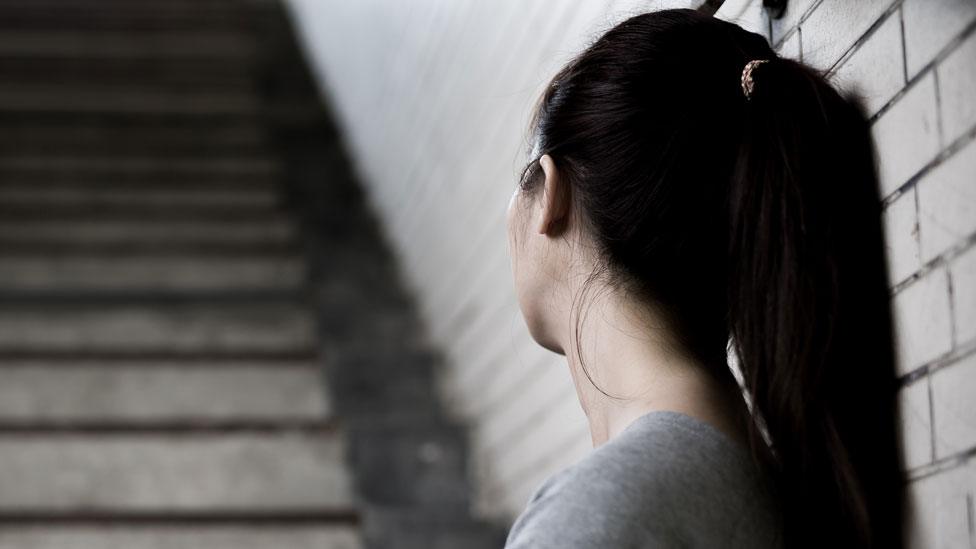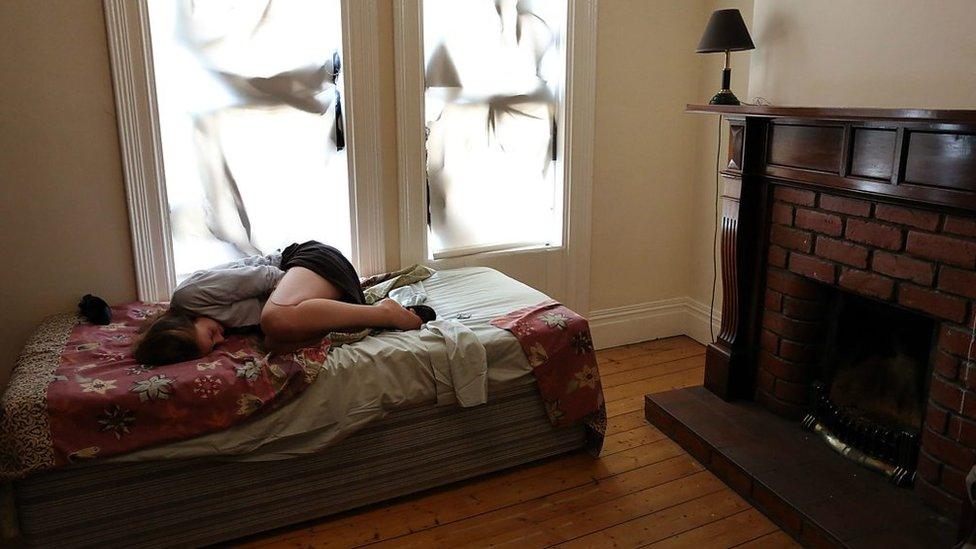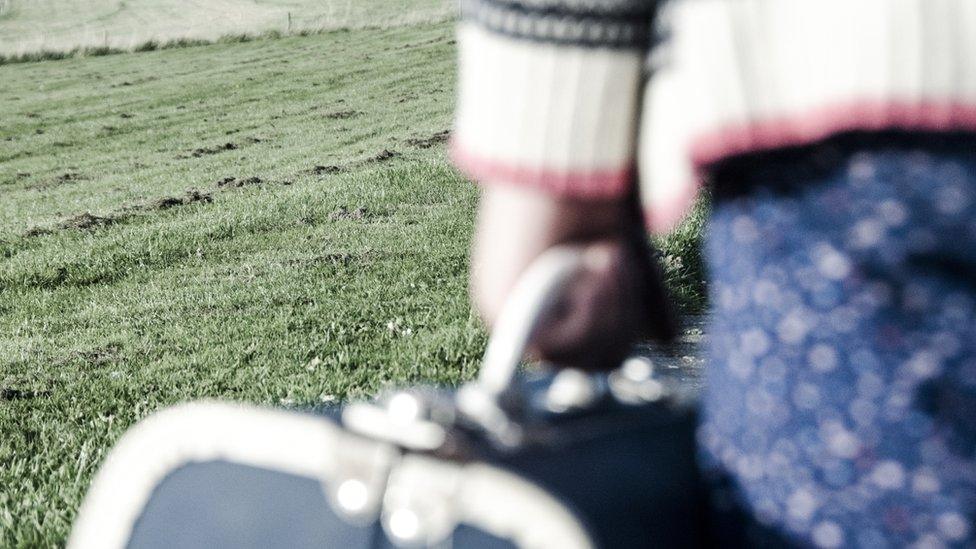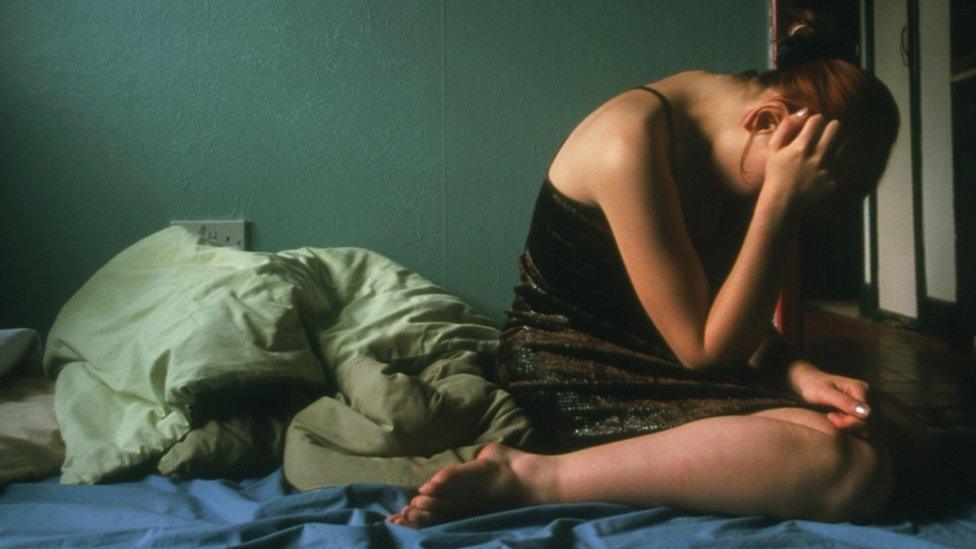Modern slavery law review as gangs 'evolve'
- Published

The UK's modern slavery legislation is to be reviewed as criminal gangs find new ways to exploit victims, the Home Office has announced.
Laws introduced in 2015 included tougher sentences and more help for people forced into labouring, domestic servitude, sex work and other tasks.
Ministers say about 600 investigations are now taking place into offences.
The government also wants businesses to do more to tackle modern slavery in their supply chains.
The independent review is to be run by MPs Frank Field and Maria Miller and Baroness Butler-Sloss, the former president of the Family Division of the High Court.
The Home Office says research has found modern slavery costs the UK up to £4.3bn a year - made up of victim support, victims' lost earnings and law enforcement.
It said officials were seeing new forms of exploitation that fell under the definition of modern slavery such as children being forced to commit crimes for gangs and the recruitment of rough sleepers.
A spokesperson said: "The criminal networks that recruit and control victims are constantly adapting and finding new ways to exploit victims, and the commissioning of this independent review is an opportunity to enhance the UK's legislation to effectively tackle this issue.
"Key areas of focus for the review will be developing an understanding on the nature of modern slavery offences, the provisions around legal access and compensation to victims and improving the support given to child victims."
'Global injustice'
Victoria Atkins, Minister for Crime Safeguarding and Vulnerability, said: "It is our responsibility as citizens, businesses and governments to do all we can to stop exploitation.
"This independent review will help us identify what more we can do to tackle this terrible, global injustice by enhancing the Modern Slavery Act where necessary."
While the majority of regulations in the Modern Slavery Act 2015, external only cover England and Wales, certain areas - including protections for overseas domestic workers and rules relating to business transparency - do extend to Scotland and Northern Ireland.
The transparency provision requires companies with an annual turnover of more than £36m to publish a statement on their website outlining what they are doing to prevent and tackle modern slavery.
The Home Office said the review will look at what can be done to strengthen the legislation to "minimise the risk that the goods and services available in the UK are produced through forced labour and slavery".
It also said there will be further funding of £2m for a scheme that works with trafficked child victims of modern slavery, in partnership with the charity Barnardo's.
The scheme will begin in the West Midlands in the autumn, joining existing projects in Greater Manchester, Hampshire and Wales.
- Published27 July 2018

- Published25 May 2018

- Published18 January 2018

- Published17 January 2018

- Published24 October 2017

- Published10 August 2017

- Published10 August 2017
